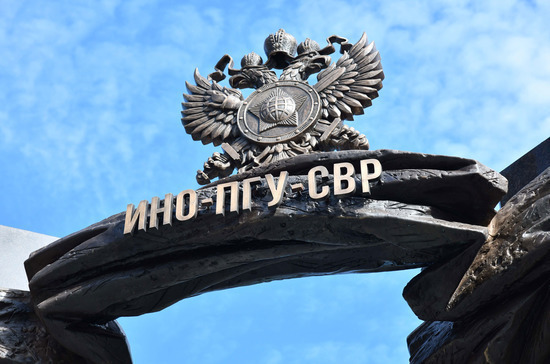MOSCOW. JANUARY 27, 2023. PIR PRESS. «The report of the Russian Foreign Intelligence Service in 1993 was, without exaggeration, epoch-making. It was twisted and turned by specialists all over the world («the responses exceeded our expectations», the developers of the report told me later). Of course, they also read «between the lines»: what was not said in the report was no less significant than what was said aloud. It’s hard to believe, but even today, in a qualitatively different geopolitical situation, the «non-proliferation» report is still studied in specialized universities – and not as a «tradition of antiquity», but as a document that has not lost its relevance and accuracy», – Vladimir Orlov, MGIMO Professor, PIR Center Founder and Director.
On January 27, 2023, on the eve of the 30th anniversary of the publication of the Open Report of the Russian Foreign Intelligence Service «A New Challenge after the Cold War: Proliferation of Weapons of Mass Destruction», the Kommersant Publishing House released a column by the PIR Center Founder and Director Vladimir Orlov.
Vladimir Orlov notes that in the time that has passed since the publication of the Report, many of the threats that its authors focused on have been eliminated: issues related to the extension of the NPT have been resolved; the exponential expansion of the «nuclear club» has been prevented, information speculations around the topic of «nuclear theft» have been brought to naught.
At the same time, Vladimir Orlov emphasizes that some of the warnings set out in the Report have not been fully heeded by the world community. The politicization of the issue of WMD proliferation, which began with the US-led invasion of Iraq in 2003, only worsened over time, and one of its intermediate results was the breaking of the silk thread – the cessation of the tacit coordination of the efforts of Moscow and Washington on difficult cases of nuclear nonproliferation. Such punches in the stomach clearly did not benefit the international security system.
As for the question of the possibility of forming a new duet between Russia and China, it, according to Vladimir Orlov, remains open. Despite the fact that the security priorities of Moscow and Beijing (as well as their interpretation of key threats) have many points of intersection, it is still premature to talk about a complete consolidation of efforts.
The full text of the article can be found here (in Russian)
To recall, the PIR Center published a report «New Nuclear Nine? Assessing Nuclear Proliferation Threats in the World» which analyzes possible threats to the nuclear non-proliferation regime in the long term. The report notes that the current crisis of the nuclear non-proliferation regime is one of the clear markers of the erosion of existing security institutions. In this regard, the authors consider the Asia-Pacific region to be one of the likely «sore spots», where the intense rivalry between China and the United States provokes a new arms race and increases the risk of the emergence of new states, possessing nuclear weapons.
Read the Report (in Russian)
E3/TSU – 01/23
Key words: NPT; Arms Control
NPR/NPT


